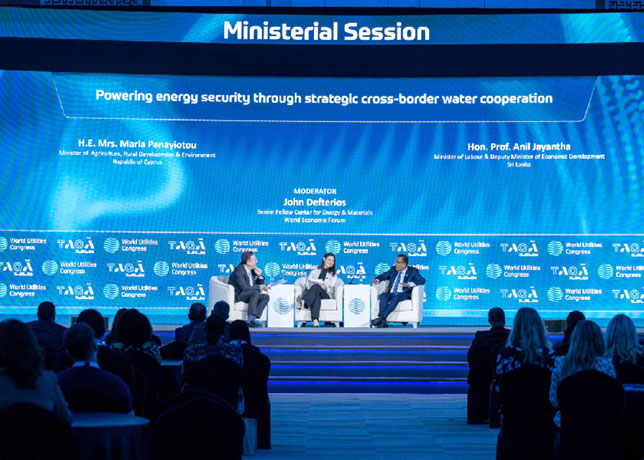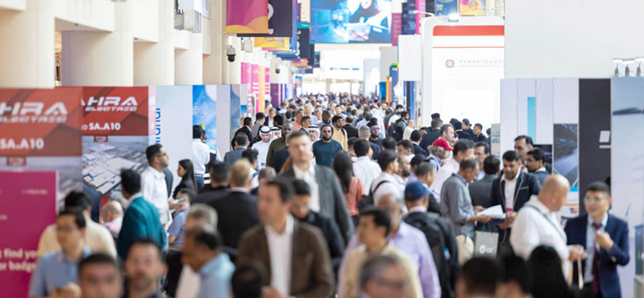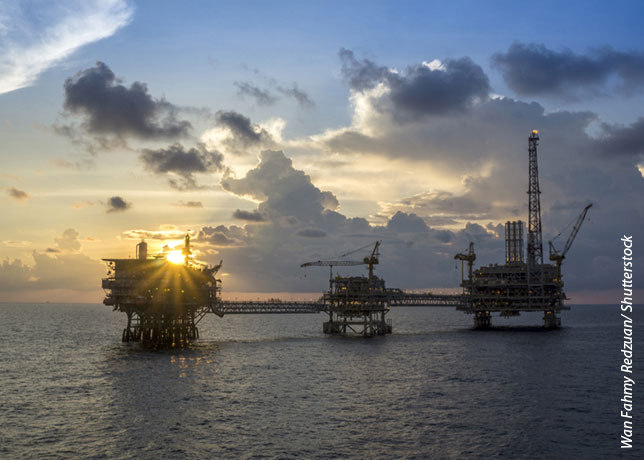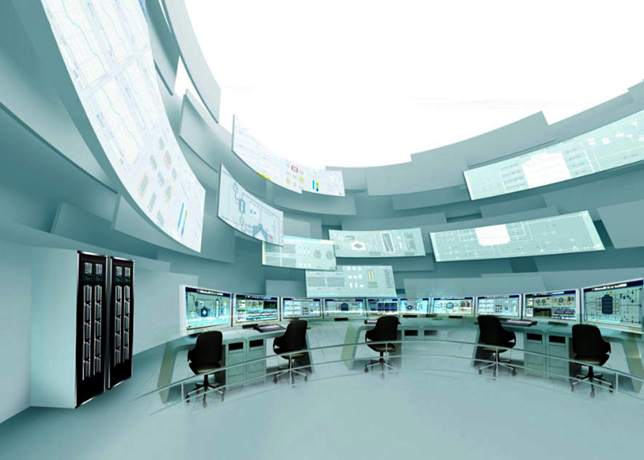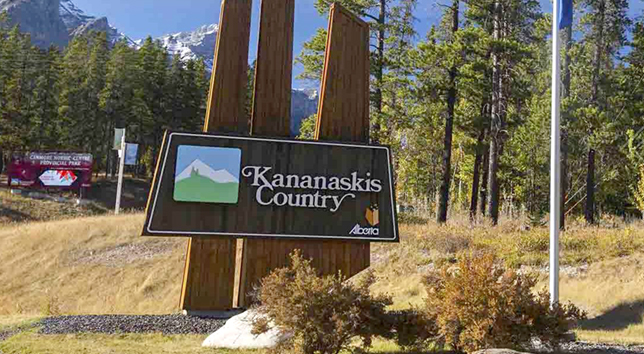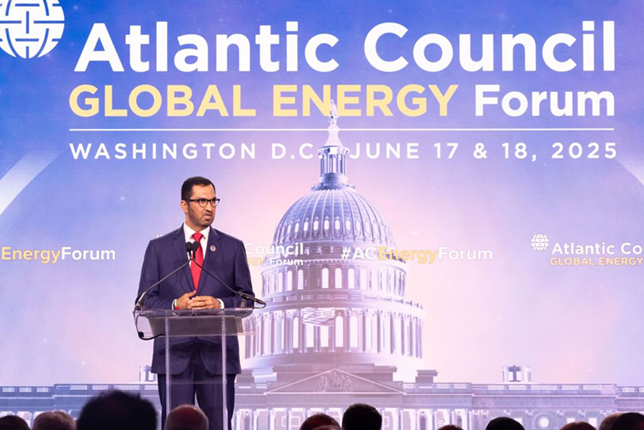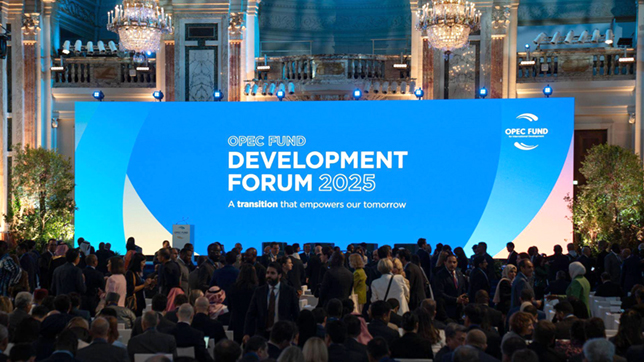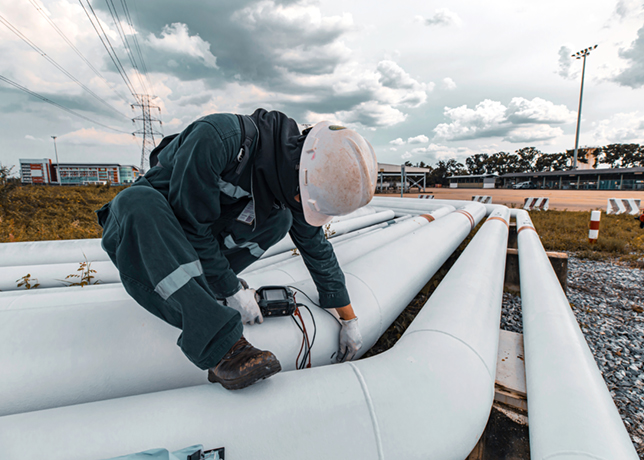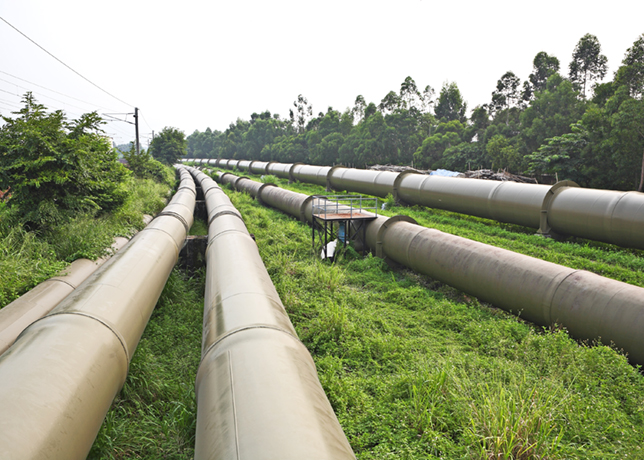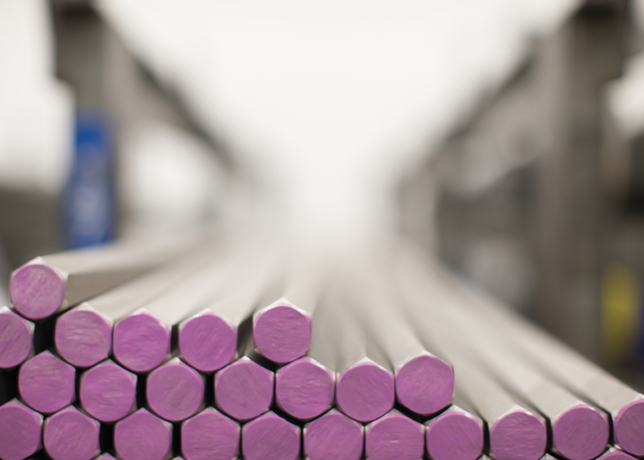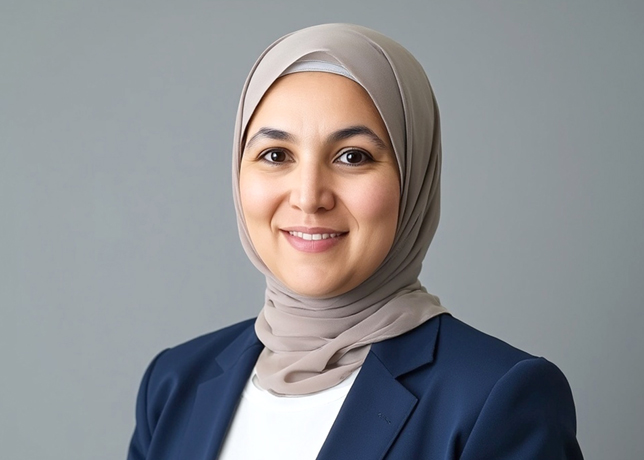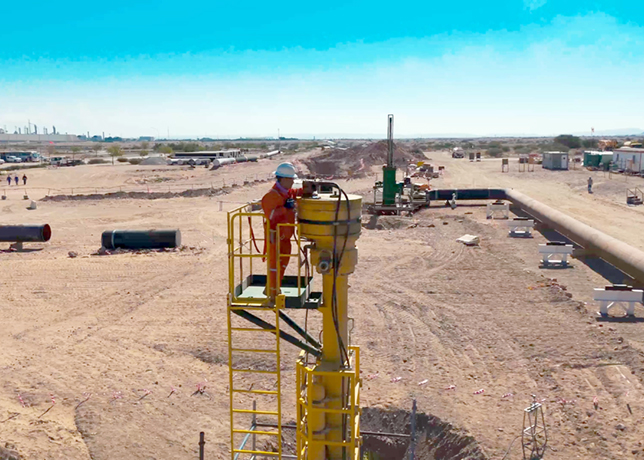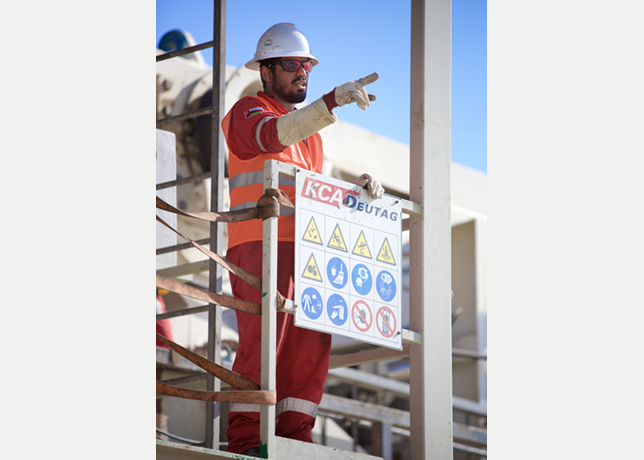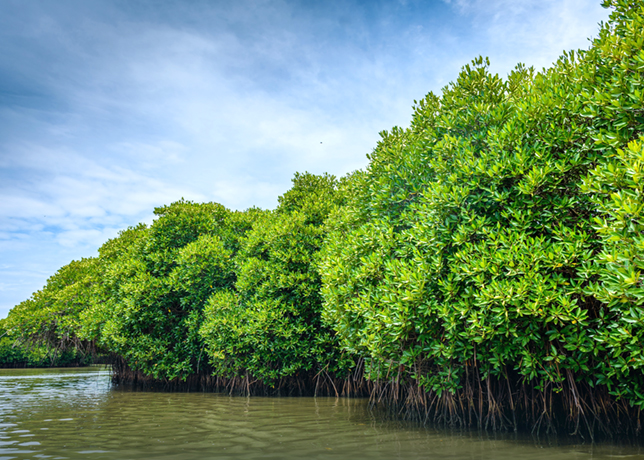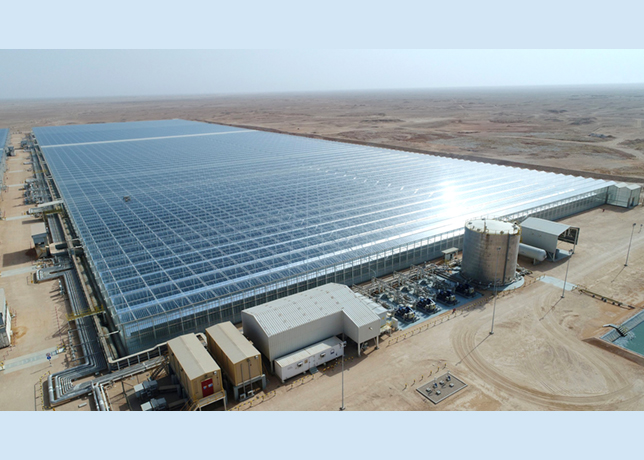

More than a generation ago a partnership was forged between a group of Saudi investors and Sumitomo Metal Industries (SMI) of Japan to create the first pipe manufacturing company in the Kingdom of Saudi Arabia.
This strategic vision between Teymour Alireza, head of the Rezayat Group of Saudi Arabia, and Housai Hyuga, President of SMI, was to establish a pipe manufacturing mill in Saudi Arabia close to serve both Saudi Aramco and the emerging industrial requirements of the Kingdom and the wider region.
The establishment of NPC in 1978 inspired the first joint venture between Saudi Arabia and Japan and was a wholly private sector initiative. During the 1970s and through to today, the international reputation for Sumitomo steel pipes was recognised for its quality.
These world-class manufacturing processes led Teymour Alireza to approach SMI to initiate the idea of building a pipe manufacturing plant close to Saudi Aramco in Dhahran. Teymour Alireza had taken with him on his visit to Japan in 1972 an important letter of introduction from Saudi Aramco relating to the establishment of a pipe mill in Saudi Arabia.
The vision was to manufacture high quality large-diameter steel pipes for the oil and gas, water and construction sectors on a local basis within close proximity to Saudi Aramco and the unfolding strategic developments of petroleum and water lines.
This successful partnership between Saudi Arabia and Japan and the creation of the largest pipe manufacturing plant in Saudi Arabia continues to reflect the strong relations between the two countries and a spirit of mutual cooperation that continues after a generation of success.
Since production began at the world-scale facilities in 1980, NPC has produced more than 2 million tonnes of steel pipes. The demand for large diameter steel pipes is traditionally cyclical and NPC over the last quarter of a century has proved to be a reliable and enduring partner with its investments based upon a medium and long term perspective.
NPC’s history
The history of NPC began more than 30 years ago in December 1972, coincidentally about the same time I joined a steel company in Japan. After feasibility studies from SMI together with an industrial license from the Saudi Ministry of Commerce in 1974, construction of the state-of-the-art plant began September 1978 with completion in August 1980. The main pipe making equipment was built in Japan and transported to Saudi Arabia.
Commercial production at the NPC plant stared in December 1980 with technical assistance provided by Sumitomo Industries. NPC started production of world-class helical (spiral) submerged arc welded (SAW) steel pipes of excellent dimensional accuracy and quality. By 2001, production of longitudinal straight seam (SAW) pipes began in Dhahran.
Initially, the helical SAW pipe mill production was for 20 inch to 60 inch outside diameter with 0.250 to 0.875 inch wall thickness and grades from API 5L Grade B to X70 later enlarging outside diameter to 64 inches.
Through successive upgrades, the well maintained NPC plant is regarded as one of the world’s most advanced pipe mills.
Importantly, they are especially proud that they have the world’s only spiral pipe making equipment capable of producing anti-hydrogen induced cracking steel pipe, which NPC supplies to Saudi Aramco.
In recent years since Saudi Aramco started to develop natural gas exploration and implemented the Hawiyah and Haradh Gas Projects with NPC’s production reaching more than 200,000 metric tonnes (MT) per year.
Natural gas project pipelines require heavier wall thickness and NPC commissioned its new longitudinal seam pipe mill in 2001 supported by SMI engineering groups.
Produce for a part of Haradh gas project included 800 tonnes as the first production of the new mill.
HR
Within NPC management, Saudi Arabians have been successfully trained and inducted into the organisation including a Saudi Deputy General Manager and only five Japanese are working at the plant.
The organisation of NPC is based upon the Japanese working approach with safety and quality assurance practices deeply rooted in the company.
'Kiken Yochi' means anticipating accidents will activate practices that are implicitly designed to ensure workplace safety. While 'Jishu Kanri' requires self activation activities, developing strong anticipatory and proactive work practices.
From the outset NPC has partnered with their customers, investors and workforce to positively contribute to the success of Saudi industrialisation. Importantly, as the first such private sector joint venture between Saudi Arabia and Japan, NPC was committed to increasing employment opportunities for the Saudi people.
In 1983, they established a training center for Saudi nationals at the plant and over the past 25 years NPC has steadily increased their recruitment. They Saudisation policy has been successful reaching a ration of more than 40 per cent.
Today, there are more than 100 Saudis working in NPC and in terms of career development many are achieving management and supervisory positions including foremen and plant supervisors. In terms of career development, many Saudis are themselves training a new generation of young Saudis entering the NPC work force.
Looking towards the future, NPC seeks to maintain its close relations with its customers as well as meeting the immense pipeline demands that will emerge in Saudi Arabia to meet the increasing demand for energy and water supply.
In Saudi Arabia NPC was the only manufacturer of large diameter SAW pipe for a long time. NPC welcomes competition and their core principles that have led to their success remain strong.










